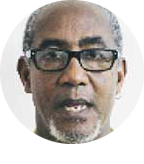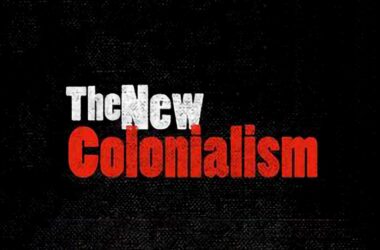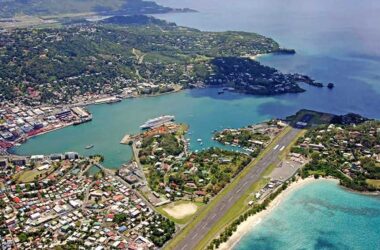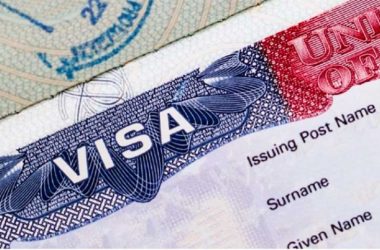
THE situation has really become critical when the people, especially the youth, can stand up against the enforcement of the laws of the land.
Recently, we all saw, via social media, how a small grouping of young men within a certain community chose to deter lawmen from carrying out their duty.
From what I could see, a police officer approached a young man, whom he thought had violated the traffic laws by riding a motorbike without the relevant documents.
I figure out it was his right as a police officer to approach the rider if he was suspicious, to inquire or to determine the legality of the bike, or if the rider had a license. But, as it turned out, a segment of the community thought he was out of place to do so: meaning, we are becoming a lawless society and the police seems to have no authority, nor do they have the right, or means, to carry out their duties without the people deciding if they should or can.
When the law becomes ineffective and there is no more state control and the police cannot be allowed to carry out their assigned duty, the next stage is anarchy.
We are heading in a direction of total destruction, approaching an era where anything goes and people feel they are free to do as they please, take the laws into their own hands and there is no more state power or control of the behavior of the people. This is frightening to me and if corrective measures are not put in place to radically change this trend or situation, we will have major problems on our hands in the coming years.
There is a lot of loitering and no progressive gathering of young people anywhere these days. This is a result of the country not paying attention to the unemployment situation that has become a plague. So the young gather in groupings almost like a cult to drown their sorrows in smoking marijuana, piping coke, or consuming large quantities of alcohol dabbled with cocaine — or any other substance that will keep them in a zone where they will not be perturbed by the harsh realities of unemployment.
Sadly, we accept their reality and in some cases condone their actions or sympathize with their predicament. The powers-that-be have allowed this situation to fester, using the excuse of having no money to deal with the problems or the means t0 change the situation. But in the meantime, they are giving support to a selective group — mainly those who have excelled academically, or are from an elite background.
Many young people have rebelled against the educational system, most have opted out of formal education and we refuse to think outside the box and come up with new and creative means to satisfy their needs or common aspirations.
Our population is manageable, but we cannot continue to see development with only touristic eyes and if we choose to keep going down that route, then we must see the bigger picture and start to look seriously at developing art as well as crafts in a more holistic way.
We don’t only have to create a skill base or mindset, we also have to commit to building outlets for learning and selling these products.
The advantage is that such institutions do not have to be erected only in the city. We can take our visitors to the source of such creativity.
Another idea is to take agriculture to another level by binding our resources together as islands in the Caribbean to meet the demands of the tourism industry inclusive of the cruise ship sector.
We continue to make the excuse of not having the means to supply, or because of the seasonality of some crops we cannot sustain a constant supply, true but this is what Caribbean integration should be all about.
The main problem, as I see it, is there are a lot of paid officials who bleed the system for their personal gain, but care little about the survival of the people in general.
I offer the following questions to all persons elected by people or appointed in the Public Service or to be on Government Boards or in any way have anything to do with serving the people:
If you are appointed to think or to enhance development, why can’t we see the results?
And as for the appointed ministers of government — appointed by the people — what really is your mandate? On whose side are you on? Do you see about outside interests or do the people’s needs not come to the fore? Must they continue to beg for more market space or places to vend?
Were you elected or appointed to deal with foreign interests, are you there to pave the way for outsiders to come in to establish themselves and govern and own all types of enterprise?
Are there no means for local investment to flourish? What’s the deal? What are your aspirations? What is it that you are not telling the people? Why can’t we see the progress for our people? Are we not good enough to run our own affairs? If such is the case, why did we opt for self-government? Is there a new meaning to being ‘Independent’, or are we to remain a subservient people?
Give us your real motive for becoming a government minister, senator, public servant or member of a government board, because I cannot see light in your methods of governance.














